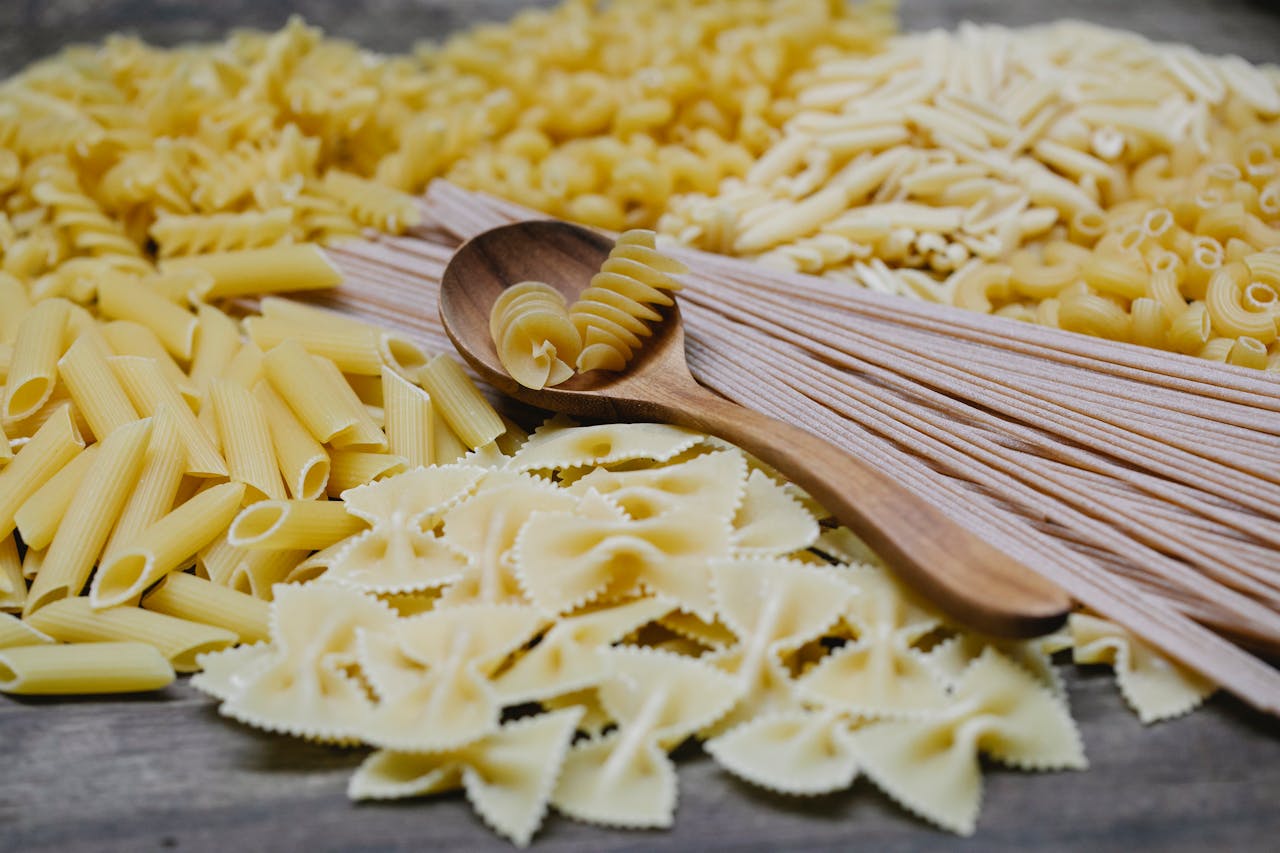The Essence of Mediterranean Cuisine
At the heart of Mediterranean cuisine lies a celebration of fresh, seasonal ingredients sourced from local markets and bountiful orchards. Olive oil, often referred to as liquid gold, serves as the cornerstone of many dishes, infusing them with its distinctive flavor and healthful properties. From drizzling over salads to sautéing vegetables, olive oil adds depth and richness to Mediterranean fare.

Table of Contents
ToggleKey Ingredients and Flavors in mediterranean cuisine
Mediterranean cuisine is characterized by its vibrant and aromatic flavors, influenced by the diverse cultures that call the region home. Fresh herbs such as basil, oregano, and rosemary lend an herbaceous note to dishes, while citrus fruits like lemon and orange provide a zesty brightness. Seafood takes center stage in coastal areas, with grilled fish and shellfish featuring prominently on menus.
Cooking Techniques
Simple yet sophisticated, Mediterranean cooking techniques highlight the natural flavors of ingredients without overwhelming them. Grilling, roasting, and braising are commonly used methods that impart a smoky depth to meats and vegetables. Mezze, a selection of small dishes served as appetizers, showcases the art of assembly and encourages communal dining experiences.
Cultural Significance
Beyond its culinary prowess, Mediterranean cuisine holds deep cultural significance, serving as a reflection of the region’s history and traditions. Meals are savored slowly, often enjoyed with family and friends gathered around the table. Shared plates and generous hospitality are central tenets of Mediterranean dining, fostering a sense of connection and conviviality.
Health Benefits of the Mediterranean Diet
Heart Health
Numerous studies have shown that the Mediterranean diet is associated with a reduced risk of heart disease and stroke. This is due in part to the high consumption of olive oil, nuts, and fish, which are rich in heart-healthy fats like omega-3 fatty acids.
Weight Management
The Mediterranean diet is also praised for its effectiveness in promoting weight loss and weight management. Its emphasis on whole grains, lean proteins, and fresh produce helps keep you feeling full and satisfied, making it easier to maintain a healthy weight.

Longevity
People who follow a Mediterranean diet tend to live longer and have lower rates of chronic disease compared to those who follow a typical Western diet. The abundance of antioxidants, vitamins, and minerals found in Mediterranean foods may contribute to this longevity, helping to protect against age-related illnesses.
Conclusion
In conclusion, the allure of Mediterranean cuisine lies in its simplicity, freshness, and ability to evoke a sense of place. Whether you’re indulging in a leisurely seafood feast by the azure waters of the Aegean Sea or savoring a rustic pasta dish overlooking the rolling hills of Tuscany, each bite tells a story of centuries-old culinary heritage. So, why not embark on your own culinary journey and explore the wonders of Mediterranean cuisine?
Engaging FAQs
What are some must-try dishes in Mediterranean cuisine?
Some must-try dishes include Greek moussaka, Spanish paella, Italian caprese salad, and Turkish baklava.
Is Mediterranean cuisine suitable for vegetarians and vegans?
Yes, Mediterranean cuisine offers a plethora of vegetarian and vegan options, including falafel, stuffed grape leaves, and ratatouille.
Are there any health benefits associated with Mediterranean cuisine?
Absolutely! Mediterranean cuisine is renowned for its healthful qualities, thanks to its emphasis on fresh fruits, vegetables, whole grains, and olive oil, which are rich in antioxidants and heart-healthy fats.
Can I recreate Mediterranean dishes at home?
Definitely! Many Mediterranean recipes are simple and straightforward, making them accessible for home cooks. Experiment with different herbs, spices, and ingredients to put your own twist on classic dishes.
What wine pairs best with Mediterranean cuisine?
The beauty of Mediterranean cuisine is its versatility, allowing for a wide range of wine pairings. Opt for crisp white wines like Sauvignon Blanc or Verdejo to complement seafood dishes, or bold reds such as Tempranillo or Sangiovese to accompany heartier fare like grilled meats and stews.
Embark on a culinary journey through the flavors of the Mediterranean and let your taste buds be your guide!